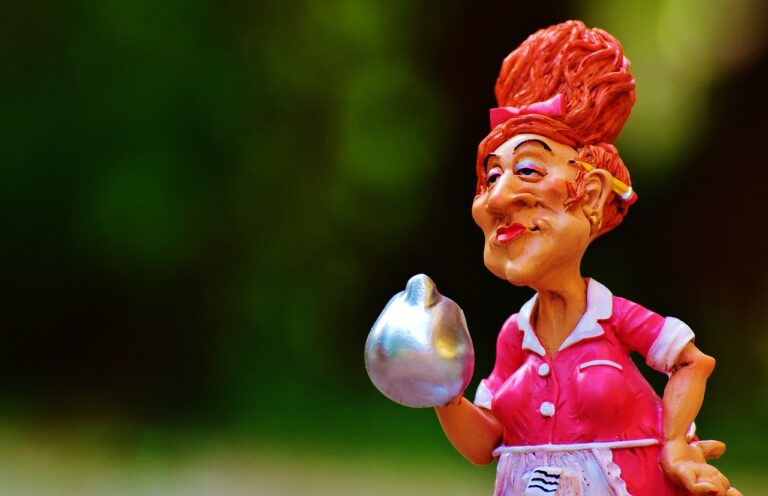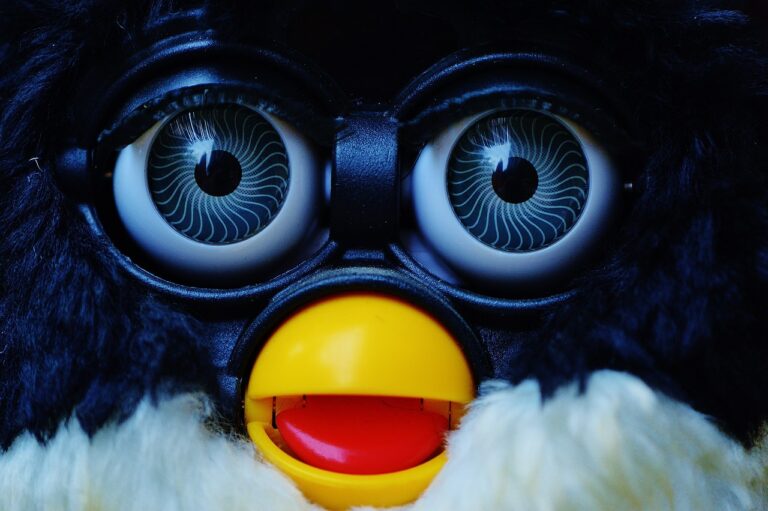Analyzing the Representation of Mental Health in Video Games
Mental health is a topic that is often shrouded in stigma, even within the realm of video games. In many video game narratives, characters with mental health issues are portrayed in a stereotypical and unrealistic manner. This perpetuates harmful stereotypes and fails to accurately represent the complexity of mental health conditions.
Additionally, the portrayal of mental illness in video games can sometimes reinforce negative attitudes towards individuals struggling with such issues. By depicting characters with mental health challenges as violent, erratic, or dangerous, video games contribute to the misunderstanding and stigma surrounding mental health. This can further alienate those who are already experiencing mental health difficulties and deter them from seeking help or support.
The Portrayal of Mental Illness in Popular Video Game Characters
When it comes to popular video game characters, the portrayal of mental illness can often be a complex and nuanced topic. Many games have attempted to incorporate characters with mental health issues in an effort to add depth and realism to their stories. However, these portrayals can sometimes fall into harmful stereotypes or oversimplify the challenges faced by those struggling with mental illness.
One common trend is the depiction of characters with mental illness as violent or unpredictable, perpetuating the stereotype that individuals with such conditions pose a danger to society. This can contribute to the stigmatization of mental health issues and further isolate those who are already battling these challenges. It is crucial for game developers to approach these portrayals with sensitivity and accuracy, taking the time to research and understand the complexities of mental illness in order to create more authentic and empathetic representations in their games.
How Video Games Can Impact Mental Health Awareness
Video games have the potential to impact mental health awareness in a positive way by portraying characters who struggle with mental illness. These representations can help players empathize with the challenges faced by individuals dealing with such conditions in real life. Through interactive storytelling, video games can create a sense of understanding and compassion towards those who are battling mental health issues.
Furthermore, video games can serve as a platform for raising awareness about various mental health conditions and the importance of seeking help. By incorporating accurate depictions of mental illness and highlighting the significance of mental well-being, games can spark conversations and encourage players to educate themselves on these topics. This increased awareness can contribute to reducing the stigma surrounding mental health and promoting a more supportive and inclusive society.
How do video games contribute to the stigma surrounding mental health?
Video games often depict mental health issues in a negative light, perpetuating stereotypes and misconceptions about these conditions.
Can video games accurately portray mental illness in popular characters?
While some video games make an effort to portray mental illness realistically, others may oversimplify or sensationalize these conditions for entertainment purposes.
How can video games help raise awareness about mental health?
Video games have the potential to educate players about mental health issues, promote empathy towards those struggling with mental illness, and encourage discussions about mental health awareness.
Are there any video games specifically designed to raise awareness about mental health?
Yes, there are a growing number of video games that focus on mental health themes and aim to destigmatize these issues, such as “Hellblade: Senua’s Sacrifice” and “Celeste.”
Can playing video games have a positive impact on mental health?
While excessive gaming can have negative effects on mental health, playing video games in moderation has been shown to have benefits such as stress relief, improved cognitive skills, and social connections.







